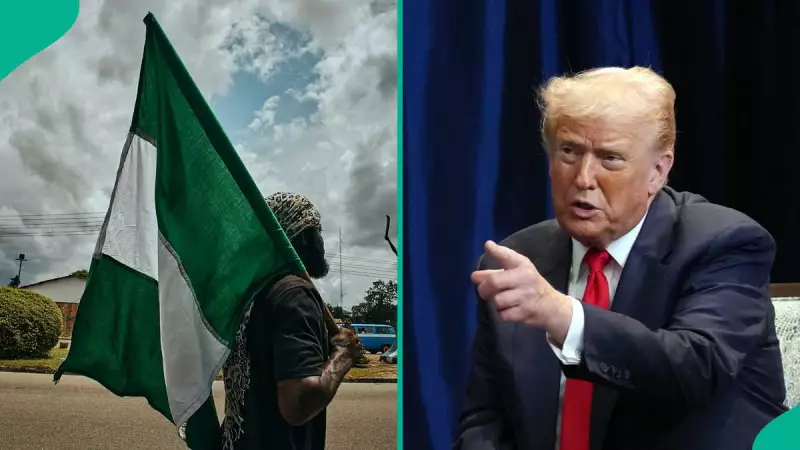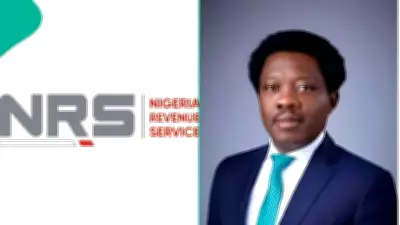
A thought-provoking social media post by a Nigerian man has set the internet ablaze, claiming that former US President Donald Trump once intervened significantly in Nigeria's affairs. The controversial assertion has sparked intense debate among Nigerians across various platforms.
The Viral Claim That Divided Opinions
The unidentified Nigerian man took to social media to make a bold statement about Trump's involvement in Nigerian matters. According to his post, the former American president played a crucial role in addressing certain challenges facing Africa's most populous nation.
This revelation immediately triggered mixed reactions from netizens, with many questioning the validity of the claim while others supported the notion of foreign intervention in Nigerian politics.
Netizens Weigh In: Support and Skepticism
The online community responded with passionate arguments on both sides of the debate. Some social media users expressed gratitude for the alleged intervention, suggesting that external pressure sometimes yields positive results in Nigerian governance.
However, many others remained skeptical, questioning the authenticity of the claim and criticizing what they perceive as excessive reliance on foreign powers to solve domestic issues. This group emphasized the importance of Nigeria developing internal solutions to its challenges.
Broader Implications for Nigeria's Sovereignty
The heated discussion has raised important questions about Nigeria's position in international relations and the extent to which foreign powers should influence African nations. The debate touches on deeper issues of national sovereignty and self-determination.
Some commentators used the opportunity to reflect on Nigeria's relationship with global powers, while others focused on the need for stronger leadership and institutions within the country itself.
Social Media as a Platform for National Discourse
This incident highlights the growing role of social media in shaping political discourse in Nigeria. Platforms that were once primarily for social interaction have become arenas for serious national conversations about governance and international relations.
The viral nature of the post demonstrates how quickly controversial topics can capture public attention and stimulate widespread debate among Nigerians both at home and in the diaspora.
As the discussion continues to evolve, it remains clear that questions about foreign influence in Nigerian affairs will persist, reflecting the complex dynamics of global politics and national identity in contemporary Africa.





